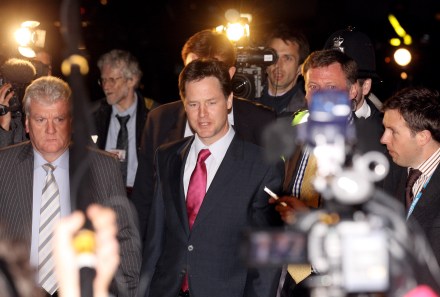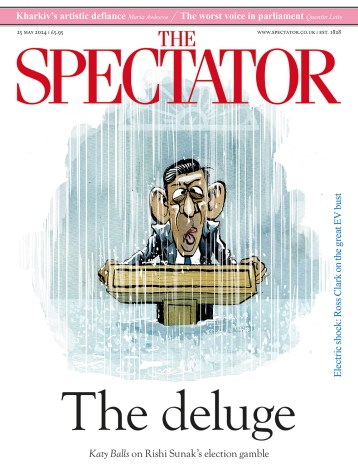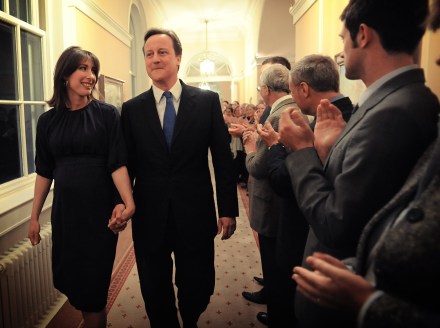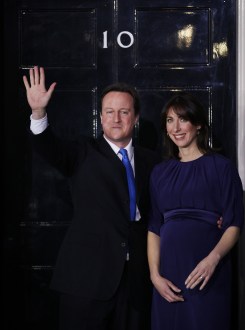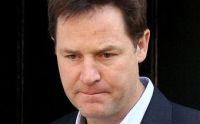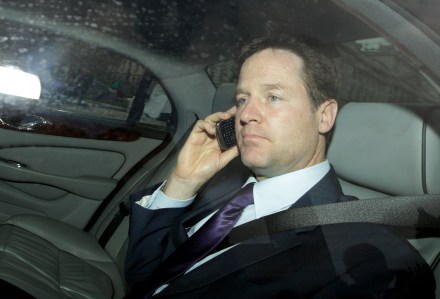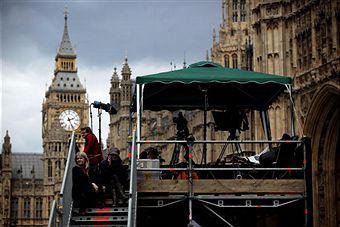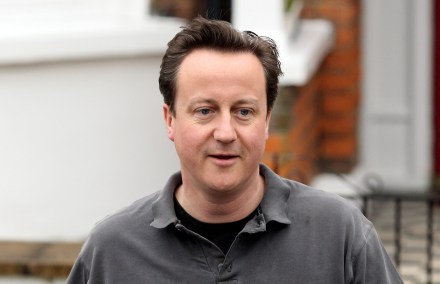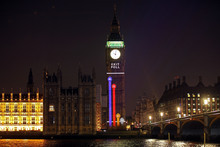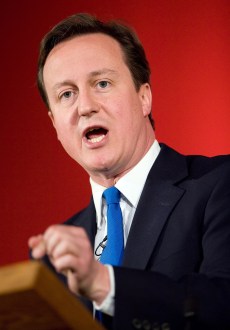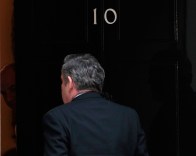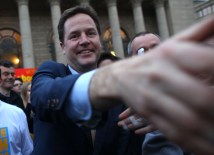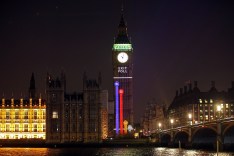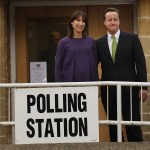The Deputy Prime Minister speaks
Just as the midnight oil burns out, the Lib Dems have finally agreed to a coalition deal with the Tories. Speaking in Transport House, Nick Clegg confirmed that the parliamentary party and federal executive had “overwhelmingly accepted” the deal. And … well, that was it, really. There were few other specifics from the new Deputy Prime Minister. No confirmations of other Cabinet positions, no firm indications about the Lib-Con policy trade-offs – just “thanks and admiration” for Gordon Brown, and a few assurances that the new government would work towards “fair” ends, even though ” there will, of course, be problems”. I’m sure that full details will emerge in the
